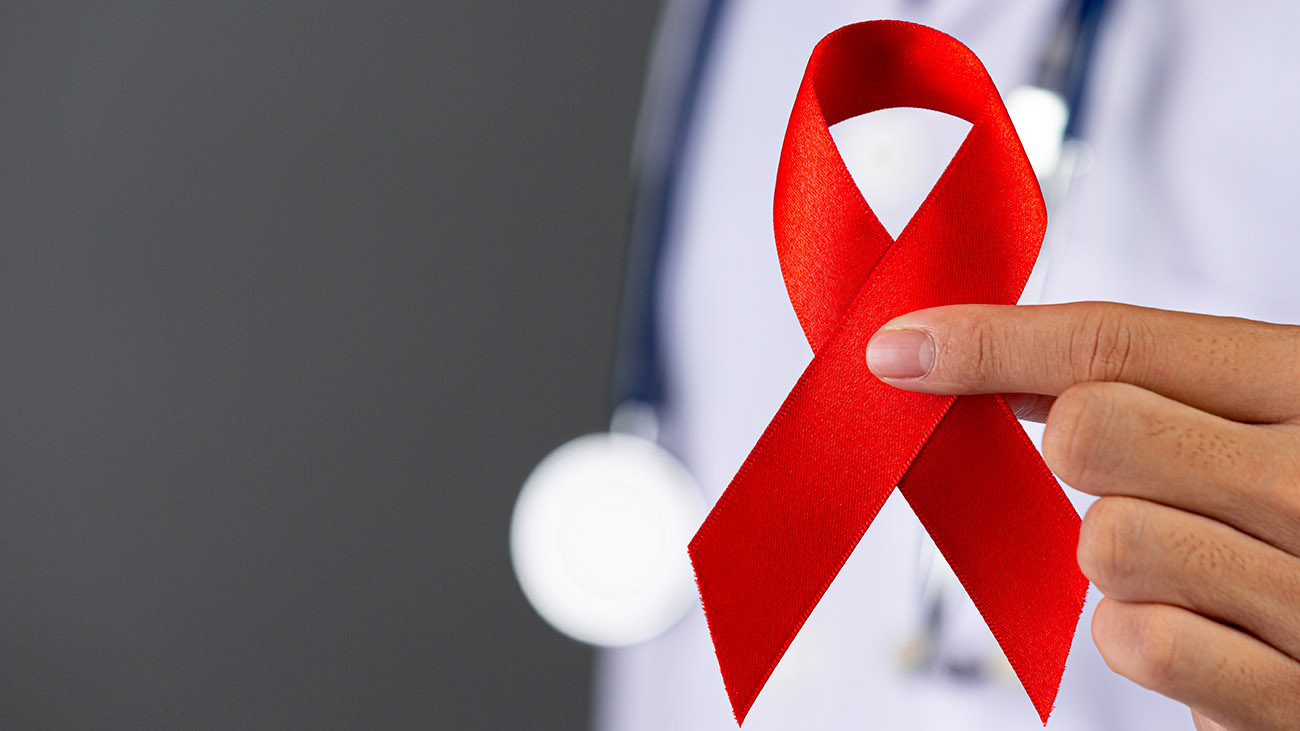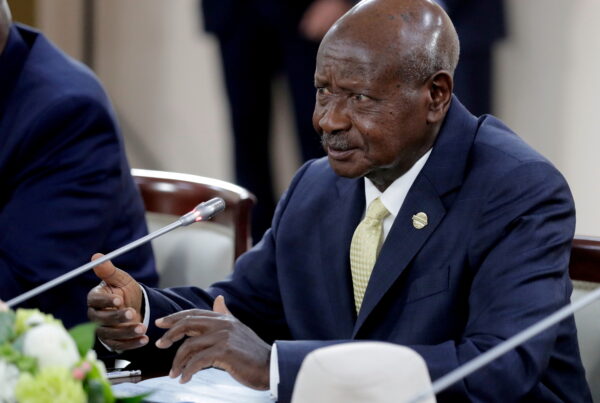By URN
 The World Health Organization (WHO) is calling on global leaders and citizens to recognize and address the inequalities that are holding back progress in attaining the global goal to end AIDS by 2030.
The World Health Organization (WHO) is calling on global leaders and citizens to recognize and address the inequalities that are holding back progress in attaining the global goal to end AIDS by 2030.
One of the key issues highlighted by the organization is the fact that over five million people that have tested positive are not enrolled in treatment despite a policy introduced by global HIV experts to immediately enroll in treatment after testing HIV positive.
“With global solidarity and bold leadership, we can make sure everyone receives the care they need,” said Dr Tedros Adhanom Ghebreyesus, WHO Director-General in a statement. “World AIDS Day is an opportunity to re-affirm and refocus on our shared commitment to end AIDS as a public health threat by 2030.”
Despite global efforts spanning over 30 years, HIV remains a major public health issue that affects millions of people worldwide. According to data released by the World Health Organization, of the 38 million people living with HIV, 5.9 million people who know they have HIV are not receiving treatment. A further 4 million people living with HIV have not yet been diagnosed.
The data also highlights that while 76 percent of adults overall were receiving anti-retroviral treatment that help them lead normal and healthy lives, only 52% of children living with HIV were accessing this treatment globally in 2021.



